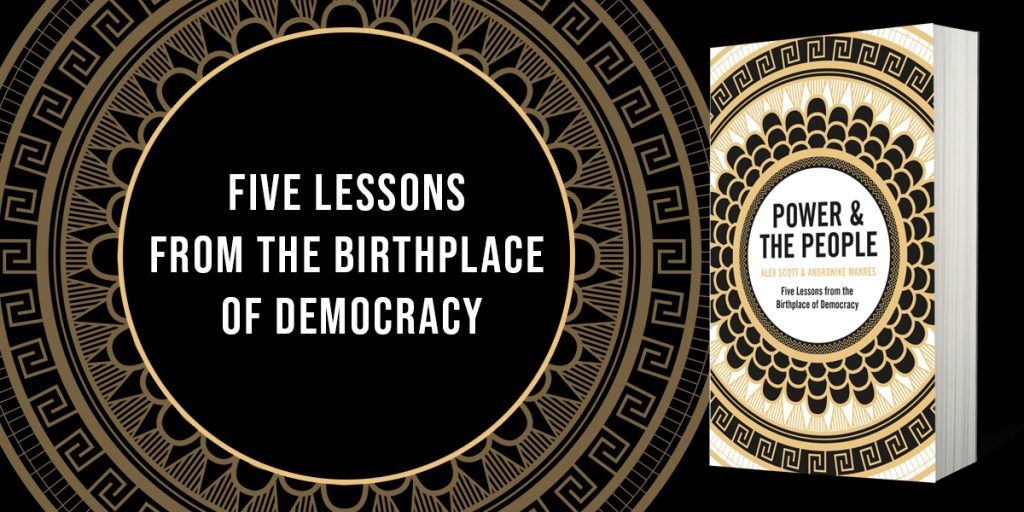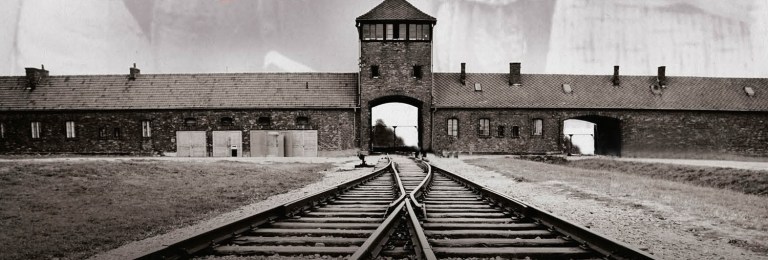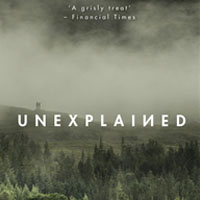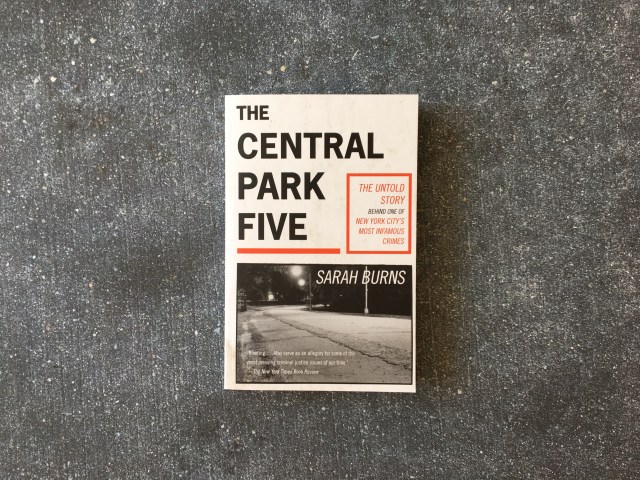Start reading Power & The People

Power & The People by Alev Scott and Andronike Makres is out in paperback tomorrow, and we are delighted to share the introduction with you today. This insightful and highly readable took takes you through the history of Athenian democracy. From its founding myths to its golden age and its chaotic downfall, it’s rich with lessons for our own times…
Democracy is feeling her age. It has been some time since she was honoured as a goddess, and even longer since she first appeared as an antidote to one-man rule. Today she is ‘in crisis’, in need of ‘overhauling’ or even ‘rebooting’, like an old computer. According to some political scientists, we will soon be living in a post-democratic world, once the Internet and ever-spiralling polarization have brought about her untimely demise. Others argue that technology is democracy’s only hope, bringing power to the people’s smartphones in a way that mimics the purer style of ancient direct democracy, saving us from the cranky old institution we have begun to reject.
Before we get too alarmist, it is worth reminding ourselves that democracy has already disappeared and returned once (with a two millennia hiatus), and its essence has always been the same. Demokratia means the power (kratos) of the people (demos), a concept that was born in Athens at the end of the sixth century BC and flourished until 322 BC, when Macedonian rule forced the Athenians to dissolve their government and establish a plutocratic system in which only rich individuals could remain citizens. After this point, the institutions of democracy were resurrected in a weakened, zombie form, without the independence and freedom they once had. ‘Demokratia’ was used as a positive term for a few more centuries but it meant merely social stability, or cohesive society. The Roman Republic, despite its admiration for certain elements of Athenian society, regarded a democratic system of government as absurd, preferring the oligarchic constitution of Sparta.
Democracy effectively vanished from the world until the eighteenth century, when it returned in spirit with the revolutions in France and America, and developed with the republics that emerged from these revolutions. Direct democracy was still considered an outrageous idea, however, and the founding fathers of the United States of America chose to model their constitution on the Roman Republic rather than on Athens (although there is an increasingly fashionable theory that the United States’ current superpower status is the modern incarnation of the Athenian Empire). Even after the formation of new republics and growing enfranchisement across Europe in the nineteenth century, the word ‘democracy’ was not really popularized until the early twentieth century. All too soon, it seems to be in danger of becoming obsolete.
If the first incarnation of democracy lasted around two hundred years, and we are now at the end of the two-hundred-year span of its second incarnation, the pessimistic among us might start preparing for the next hiatus. Or we might look back to work out how we can save democracy from crisis this time round. Nietzsche believed that ‘we require history for life and action, not for the smug avoiding of life and action . . . Only so far as history serves life will we serve it.’ In other words, we should study history to the extent that it is useful to us; we can learn both from the mistakes and the successful innovations of democracy’s ancient pioneers. Today, democracy is generally acknowledged as the best form of government, even though many of us are living in extremely flawed versions, and this assumption means there is not enough conversation about how to fix its flaws. Conversely, in ancient Athens there was vigorous debate about the best form of government – oligarchy (the rule of the few) versus democracy (the rule of the many) being the most contentious. Supporters of the latter had to actively defend and reinforce its legitimacy.
By ancient Athenian standards, the type of democracy many of us experience today is in fact an oligarchy. Many of us choose not to vote, usually through apathy, or a belief that our vote does not matter, and we have almost nothing to do with government. In effect, we are ruled indirectly by the minority of the electorate who vote for our representatives. In Athens, citizens voted on every decision, and a great proportion had an active role in government. The electorate was narrowly defined, yes – a problem we will come to – but power was firmly in their hands in a way that seems outrageously radical today.
The first section of this book explains how democracy came to be – the individuals who set up its institutions and legal safeguards, the egalitarian zeitgeist that powered it, and how it functioned in its initial form. The second section lays out five key lessons we can take from ancient Athens, and the third section examines cases of Athenian-style democracy making a comeback in the modern world – where it is working, where it is not, and where the trend might lead us. This is not a work of journalism or academia, but the product of a journalist and an academic swapping stories of cross-millennia politics and experiencing mutual déjà vu. We are certainly not the first to point out the parallels between modern democracy and its ancient form, though we are being more didactic than most in turning them into lessons.
We feel the times demand it.
Our task has been made easier by the historian Thucydides, who picked democracy apart with a scalpel during the first century of its development. His account of the Peloponnesian War in 431−411 BC between the democratic Athenians and the oligarchic Spartans − a war in which he also fought − is indispensable to understanding the difficulties of sharing power, both then and now. He analysed the emerging psychology of the wisdom of the crowd in Athens, the concept of egalitarianism, the inevitable rise of demagogues and how a democratic power can become tyrannical overseas. He gave us probably the most famous definition of democracy to date, in the words of Pericles in 431 BC: ‘Our constitution is called a democracy because power is in the hands not of the few but of the many.’
This definition has been employed either directly or indirectly by activists and poets throughout history, including Britain’s Labour Party leader Jeremy Corbyn, who quoted ‘The Mask of Anarchy’, a poem by Percy Bysshe Shelley, to a crowd of supporters in London on 7 June 2017:
Rise like lions after slumber
In unvanquishable number –
Shake your chains to earth like dew
Which in sleep have fallen on you –
Ye are many, they are few.
It was a call to political arms that fell rather flat, but Pericles’ words have inspired the many at least in theory, particularly in popular uprisings in the twentieth century as democracy made its great comeback. For the first few decades after democracy originally emerged in the sixth century BC, however, the concept of putting power in the hands of the people was not properly defined. ‘Democracy’ is still an elastic term today, so it is fitting that the word first appeared in disjointed form in one of the world’s earliest theatrical works.
The Suppliant Women is a play by Aeschylus produced in the 460s BC, around fifty years after the foundations of democracy were laid in Athens. Aeschylus describes a vote taking place – totally anachronistically – in a mythical, non-Athenian kingdom. Nevertheless, he articulates the drama and beauty of collective decision-making; at one point in the play, the Chorus asks: ‘Now tell us, to what end has the decision been ratified, and on which side are the hands of the people, by which they govern, more numerous?’ The answer comes: ‘The air bristled with right hands raised en masse, as they voted on this resolution.’ The Greek expression used by Aeschylus – ‘demou kratousa cheir’ – the governing hand of the demos – is a single image of the collective show of hands, a metaphor for democracy indicating the ‘right’ direction (‘right hands held aloft’).
The expression demou kratousa cheir almost forms the compound word demokratia, but not quite – that was yet to come. Modern Greeks still quote the following expression: ‘With Athena’s help, move your hand’ – a legacy of the idea that Athena, goddess of wisdom and patron of the birthplace of democracy, guides
people to act in their own best interests.
The lasting influence of Pericles’ definition of democracy was foreseen by the man who committed them to history. At the beginning of his History of the Peloponnesian War, Thucydides predicts that the political events he catalogues will recur in similar form in the future, and explicitly dedicates his life’s work to later audiences:
But if those who want to examine clearly the events that happened in the past, and which, given human nature, are likely to happen again, if they judge this work useful, that is enough. Rather than a show-piece meant to be heard for a moment, what is being composed here is a possession for all time.
While there is a certain amount of vanity in that statement, it is also true: human nature has remained the same, and Thucydides’ work is still relevant, just as he predicted. Many of the same mistakes the Athenians made are being repeated; their crises re-emerge in different forms today. So it is a valid question to ask: what can we learn from them?
First, a caveat: in any comparison between ancient and modern democracy, we have to address the question of whether they are too different to be compared at all. For one thing, Athenian citizenship was far more exclusive than ours today. To be classed as a citizen from the middle of the fifth century BC onwards in Athens you had to be male, born from an Athenian father and an Athenian mother, and be above eighteen years old. Only this group of people, which represented around 20 per cent of the population, enjoyed the political rights and, crucially, the responsibilities of citizenship.
We may have a much broader electorate today, but only relatively recently. Women were given the vote in North America and most European countries only a hundred years ago (Greece didn’t come round to the idea of female enfranchisement until 1952, and Switzerland until 1971), yet these countries were classed as democracies before that point.
Throughout the 1960s in the United States, the civil rights movement fought to achieve the same voting rights for black people as were awarded to white people, and even today there is a legacy of unregistered black voters. Similar inequalities of citizenship awarded to foreigners still exist today as they did in ancient Athens – most countries operate a policy of taxation without representation, as the Athenians did with foreign residents not classed as citizens. Yet, even after admitting that our electorates are more inclusive than the Athenian prototype, we can draw useful parallels in how those electorates have worked over the millennia. Citizens’ rights and responsibilities, the rule of law, foreign and domestic policy and the questions of how a democracy conducts an empire – all of these are not just interesting but vital comparisons to make in order to understand where and how our own democracies are going awry.
With those who argue that Athenian-style democracy could not be recreated today, we would agree. There is no way that the processes of direct and deliberative democracy that we explore in this book could be reproduced with the population sizes in most democratic states today – the Athenian model worked with tens of thousands of citizens, not millions. (Iceland is one of the closest contenders, with a population of around 350,000 and an appetite for deliberative democracy – see final chapter.) Modern democratic states could, however, be adapted more along ancient Athenian lines, with or without the aid of technology. The greatest thing missing today, which the Athenians had in spades, is a spirit of democratic engagement.
We have extraordinary levels of confusion and apathy within our modern electorates. We also have extraordinary levels of disgust and anger, and both reactions are to some extent the result of constant, invasive news cycles that previous generations did not have to deal with (calamities far more gruesome than disappointing referendum results – genocides, famines and wars – played out in relative secrecy before the advent of the Internet). Overwhelmed and confused, we disengage or get angry, which becomes polarizing.
Protest has become our preferred method of political engagement; protest movements are on the rise, globally, at the same time as voter turnout is falling, and it is more evident than ever that we are rejecting traditional democratic institutions. This is not all bad; the right to be heard is a vital ingredient of modern democracy, so at least it is being exercised. En masse, protesters can have the power to enact great change, but to be effective they rely on a common instinct to resist, and some kind of realistic expectation to achieve something. The last twenty years have seen large-scale protests with clear targets which have nonetheless failed, such as the London marches against the Iraq War (2002−3), alongside more visceral movements like the 2010−11 anti-austerity protests in Athens, a city where the democratic instinct to band together against the impositions of authority is hardwired and does not stand on ceremony. The protests of the Arab Spring, in which countless people died, tragically failed to achieve the democratic change they demanded.
Even when millions of angry people of different political stripes agree that, for example, negotiations for Britain’s proposed exit from the European Union were unacceptably badly handled over the course of several years, the situation becomes so surreally normalized that protesting seems both inadequate and futile – like protesting against a natural disaster. Marches and petitions still happen, the civic pulse is there, but the incompetence of government can seem nebulous and terrifying, impossible to combat. It is difficult to know what to do, and protest only gets you so far. The crises our democracies are facing are much bigger than the single calamity of Brexit or the presidency of Trump, and they have the potential to get much worse. As the writer and film-maker Astra Taylor warns us: ‘Democracy may not exist, but we’ll miss it when it’s gone.’
Keep reading. Buy Power & The People by Alev Scott and Andronike Makres now.






